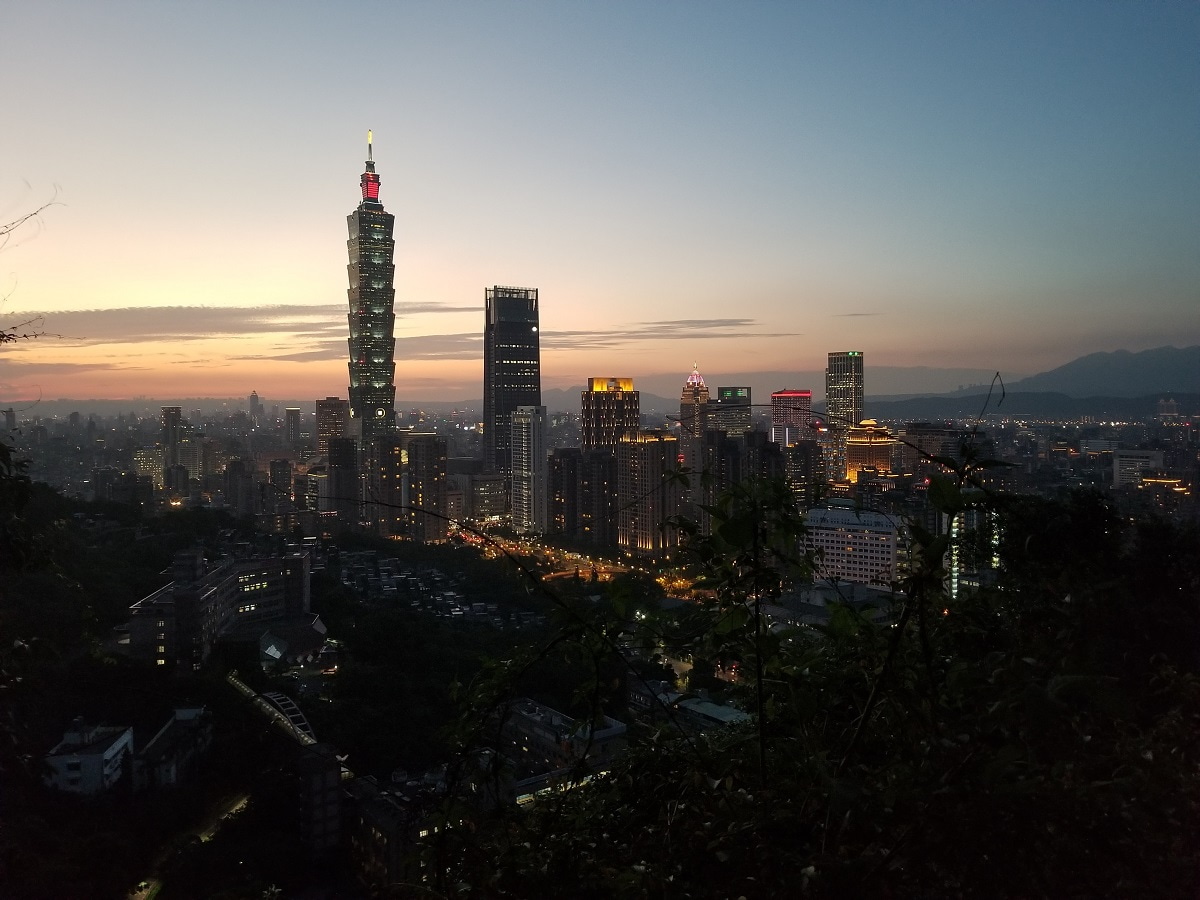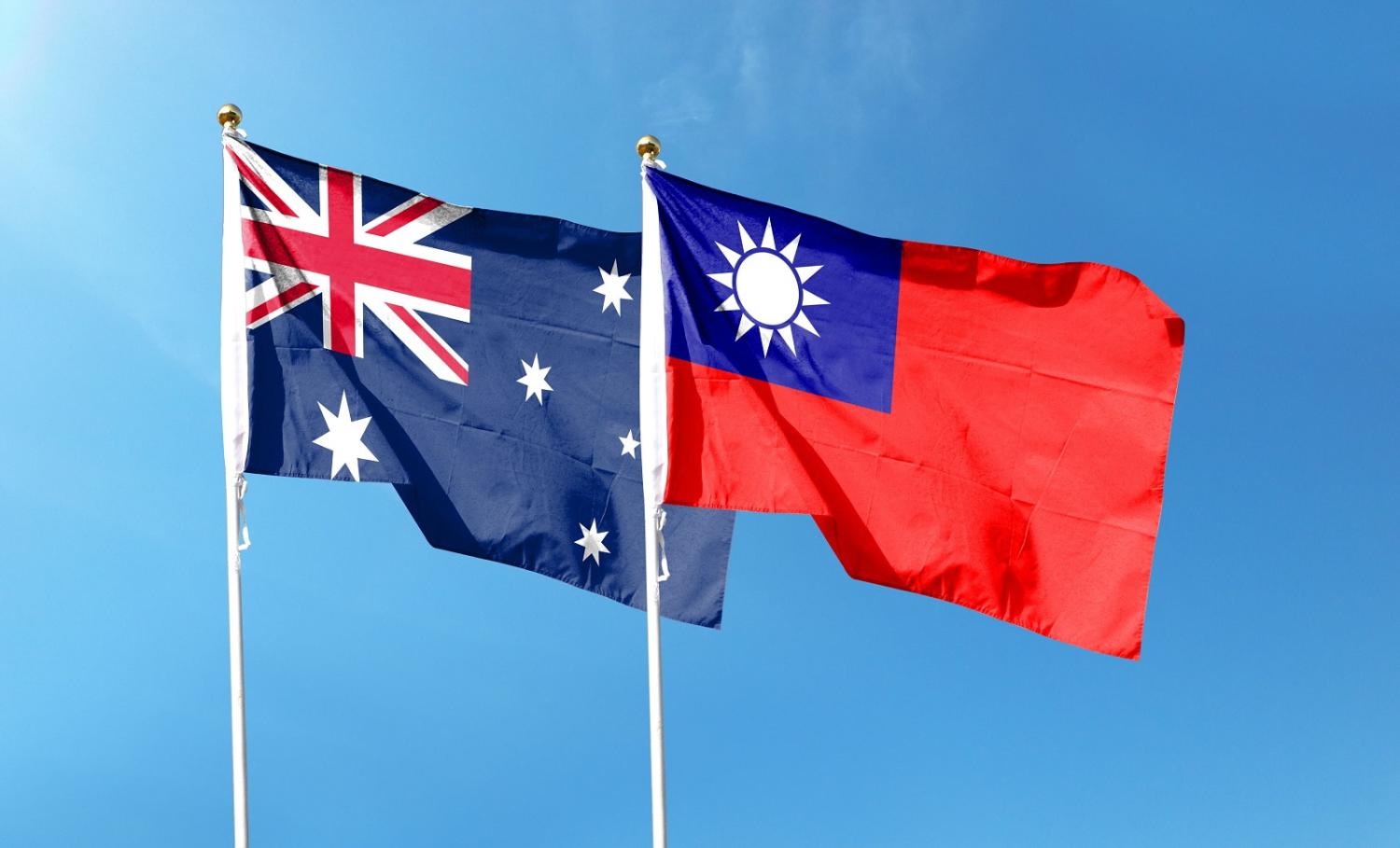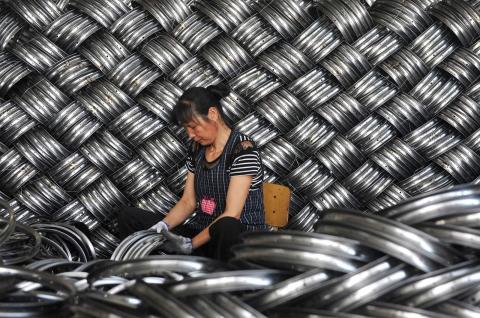Conflict over Taiwan would be calamitous. It risks sparking a US–China war, imperilling millions of lives on both sides of the Strait, and destroying Taiwan’s hard-won liberal democracy.
With an eye on these and other dangers, the Albanese government has repeatedly made plain its commitment to preserving the cross-Strait status quo of relative peace and stability. This is a laudable goal. But the Albanese government, like its predecessors, has been complicit in China shifting the status quo.
Canberra has curtailed its own legitimate trade and political engagement with Taipei for fear of upsetting Beijing. This has harmed Australia’s economic interests and inadvertently aided China’s efforts to internationally isolate Taiwan.
Australia and Taiwan share deep economic complementarities. In 2022, Taiwan was Australia’s sixth-biggest export market overall, fourth-biggest destination for Australian goods, and seventh-biggest two-way trading partner.
This made Taiwan more valuable as a market for merchandise exports than either India or the European Union, twice as valuable as New Zealand, and nearly ten times as valuable as the United Kingdom. Despite these massive economic interests, Australia has allowed China to constrain its trade ties with Taiwan.
Under the Turnbull government, Canberra bowed to Beijing’s pressure in 2016–17 and discontinued its plan to pursue a bilateral free trade agreement (FTA) with Taiwan. Both the Morrison and Albanese governments have tiptoed around Taiwan’s compelling case for joining the Comprehensive and Progressive Agreement for Trans-Pacific Partnership (CPTPP) – an ambitious and high-standards regional trade pact.
China’s influence over Australia’s trade policy means forgone economic opportunities for Australian businesses. Taiwan is now the only one of Australia’s top-ten export markets in which Australian businesses don’t enjoy the advantages of either a bilateral FTA or shared membership of a regional FTA.

Although Australian exports to Taiwan are dominated by minerals and energy, which already benefit from generally low tariff rates, Australia would still reap rewards from freer trade. Thanks to bilateral FTAs with Taiwan, Singaporean and New Zealand businesses only face average tariff rates of 0.6% and 0.2%, respectively. This contrasts with an average tariff rate of 7.2% for other countries.
With agricultural goods subjected to an average tariff rate of close to 16%, Australian farmers are especially likely to enjoy added gains from more trade liberalisation with Taiwan.
China has also stood in the way of Australia’s legitimate political engagement with Taiwan. From the 1990s onwards, Australian ministers and junior ministers regularly visited Taiwan. Between 1993 and 2012, at least 16 such trips occurred — on average, nearly one per year.
But since 2012, no Australian minister or junior minister has publicly visited Taiwan. That gap is glaring considering the willingness of Australia’s partners to send their ministers to Taiwan, including recent trips by the German education and UK trade ministers.
Despite claims to the contrary from China, Australia’s one-China policy doesn’t rule out inking trade agreements with Taiwan or sending ministers to visit Taipei. Australia recognises the government in Beijing as the sole legal government of China. But just as Canberra does with other jurisdictions that it doesn’t consider sovereign states, Australia is free to engage with Taiwan in the trade and political arenas.
Beijing might want to lash out at Canberra if the latter steps up trade and political engagement with Taipei. But Beijing simply has too many reasons to play nice with Canberra to allow an expanded trade and political agenda with Taipei to torpedo the Australia–China relationship.
Not only does China want Australia not to block its entry into the CPTPP and take a more permissive approach to investments in critical minerals, but Beijing hopes to stop Canberra from swinging its financial weight behind US moves to starve select Chinese technology companies of foreign capital.
The considerable leverage that Australia has over China on these and other issues means Canberra can probably pursue deepening ties with Taipei with the relatively low risk of seriously damaging relations with Beijing.
Of course, a broadly stable relationship with China is in the Australian national interest, and taking policy positions that irk Beijing shouldn’t be done lightly. The past few years show how bad a turbulent bilateral relationship can be for millions of Australians – from the flagging fortunes of lobster fishers and wine growers to the added individual and family difficulties for so many Australians of Chinese backgrounds who are often unfairly squeezed by bilateral tensions.
Yet Australia’s international interests can’t be reduced to keeping ties with China on an even keel. Given the breadth and depth of shared economic interests between Australia and Taiwan, increased engagement with Taipei shouldn’t be held hostage to Beijing’s sensitivities.
Dr Benjamin Herscovitch is a Research Fellow at the Australian National University and co-author with Dr Mark Harrison of the new Lowy Institute paper Enhancing Australia’s Taiwan ties.

